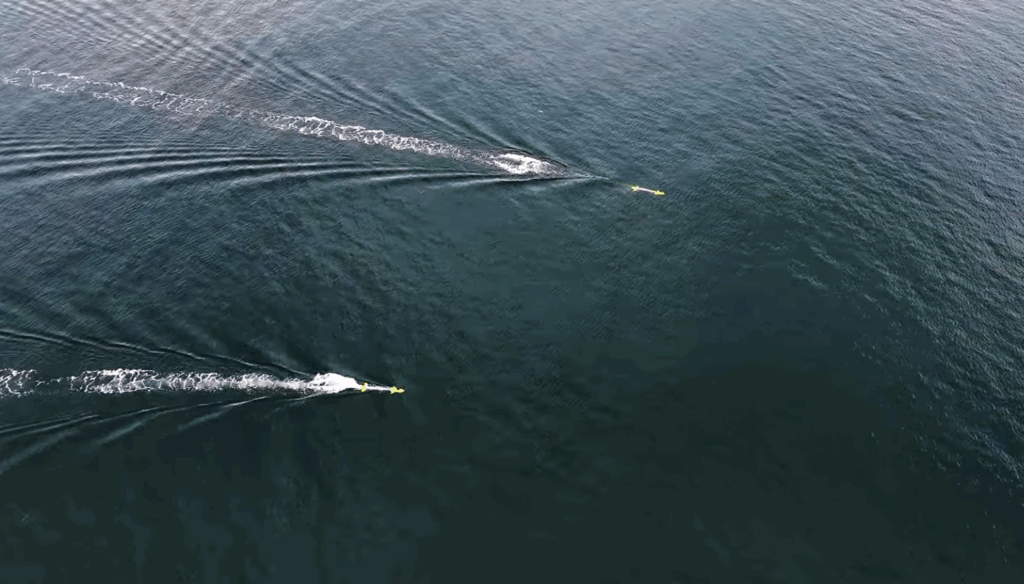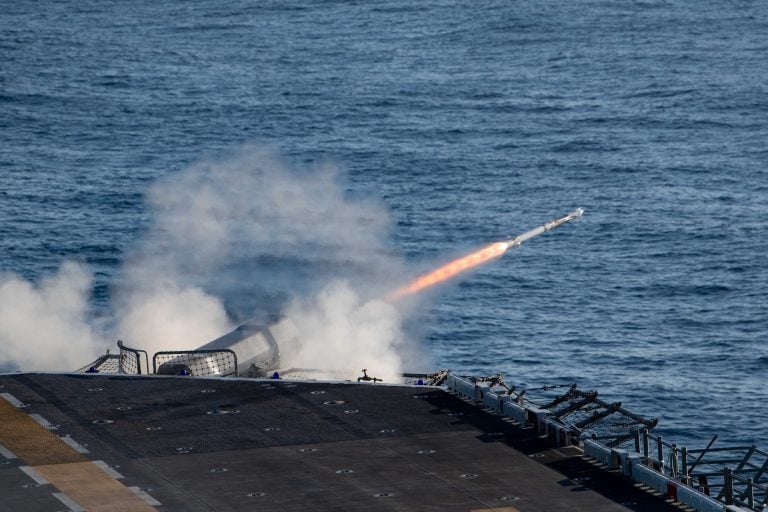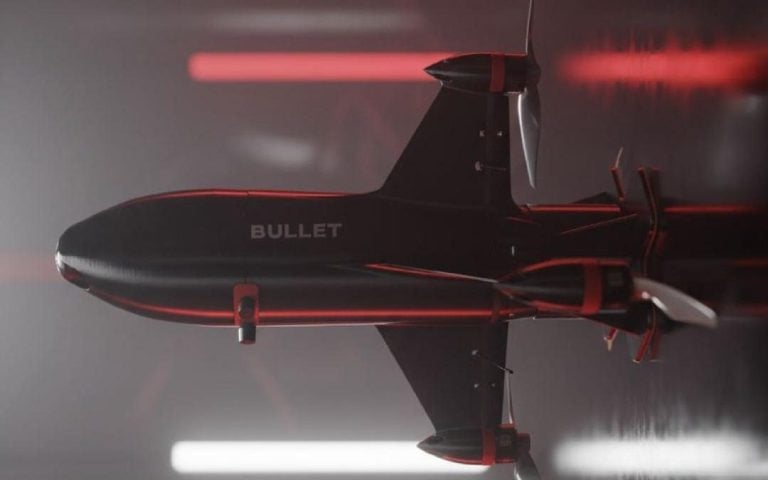In a significant advancement for underwater and surface navigation, US defense firm Vatn Systems has unveiled its new inertial navigation system (INS) known as INStinct. This innovative product aims to enhance navigation capabilities in environments where GPS signals are unreliable or unavailable, catering to both military and commercial needs.
INStinct is distinguished by its precision and affordability, promising reliable navigation solutions at a reduced cost compared to conventional systems. This strategic move underscores Vatn’s commitment to meeting the growing demand for effective navigation technologies in increasingly contested electromagnetic environments.
The new INS leverages cutting-edge Silicon Photonics Optical Gyroscope technology developed by California-based ANELLO Photonics. This integration utilizes an X3 inertial measurement unit designed to endure the intense shocks, vibrations, and extreme conditions characteristic of underwater operations. The technology not only enhances navigation accuracy but also ensures durability in harsh environments.
Vatn Systems highlights the versatility of INStinct, which can be customized for a variety of missions. This includes economical configurations targeted at commercial vessels as well as high-performance arrangements for autonomous underwater vehicles, particularly those utilized by the US military and its allies. The modular nature of INStinct ensures its compatibility with Doppler velocity log integrations and maritime-optimized algorithms, allowing it to adapt to differing platforms and mission requirements.
CEO and Co-Founder Nelson Mills emphasized the importance of this development, stating that inertial navigation “is the cornerstone of autonomy at sea.” He elaborated that INStinct is designed to cater not only to Vatn’s vehicles but also to third-party platforms, promoting attributes of reliability, accuracy, and adaptability.
The modernization of maritime navigation is an area of keen interest for the US Navy and the defense industry, particularly given the challenges posed by modern conflict scenarios where GPS systems can be jammed or spoofed. To address these concerns, the Navy has been actively funding various initiatives aimed at decreasing reliance on satellite navigation. One key project is the Spatial, Temporal, and Orientation Information in Contested Environments (STOIC) program, which is focused on developing innovative technologies such as chip-scale atomic clocks and quantum-based inertial sensors to facilitate precise navigation without satellite dependency.
Moreover, the Naval Research Laboratory is advancing compact photonic gyroscopes that utilize light for tracking movement, a technique expected to enhance accuracy for submarines and unmanned vehicles. Other defense giants, including BAE Systems and Northrop Grumman, are also working on advanced inertial navigation units for naval platforms. Additionally, Lockheed Martin is investigating the application of artificial intelligence to help vessels correct navigation drift during extended missions.
As the field of maritime navigation continues to evolve, technologies like INStinct may redefine operational capabilities across military and commercial sectors, enabling safer and more effective missions in complex environments.







